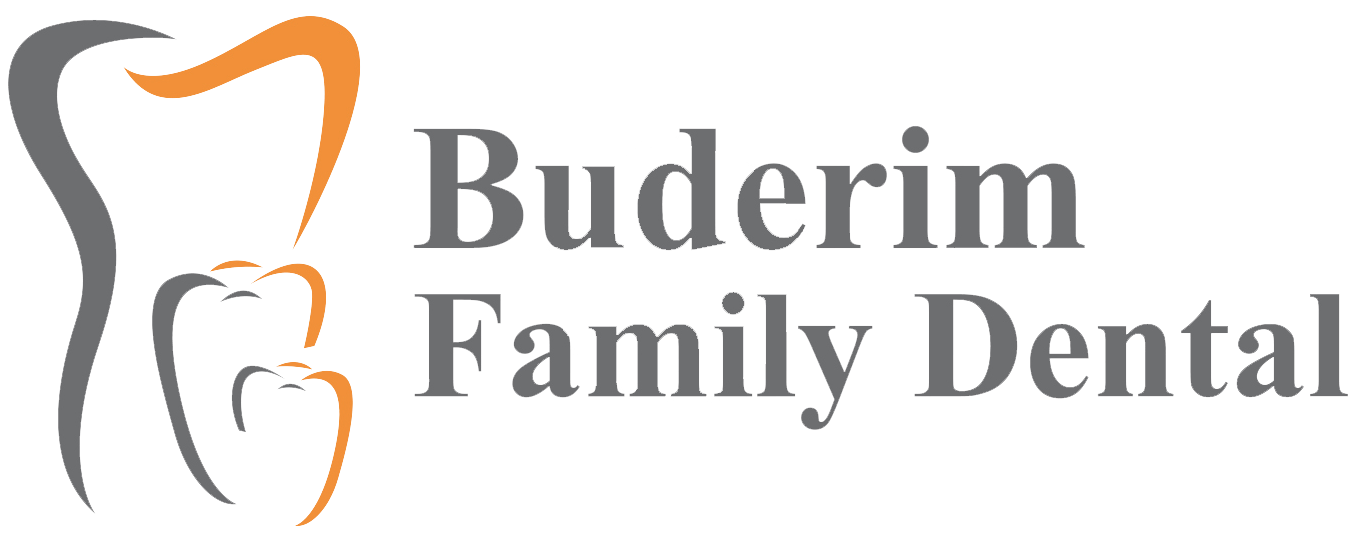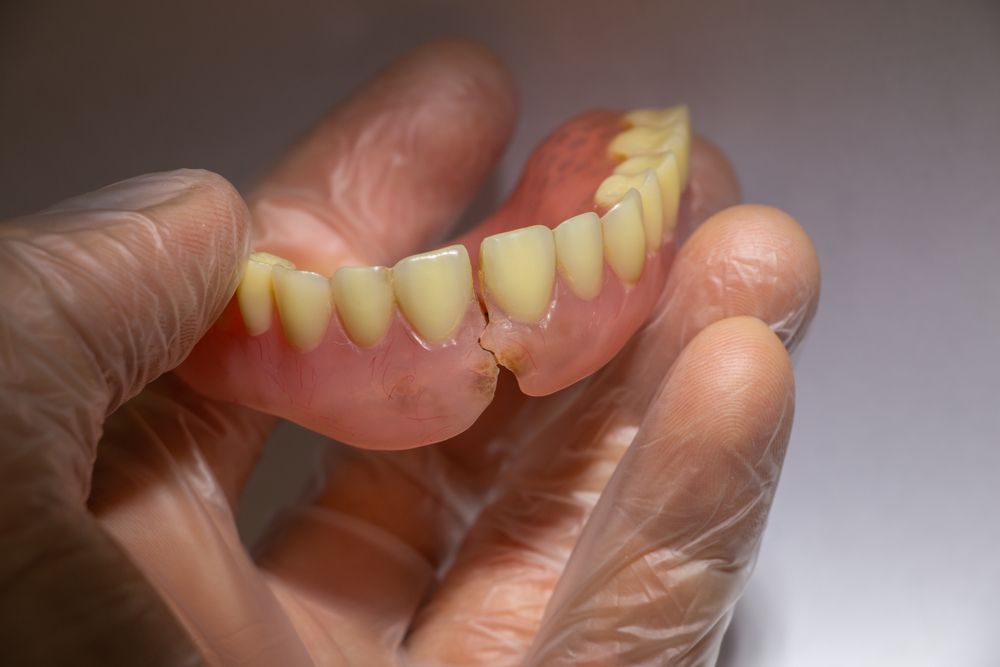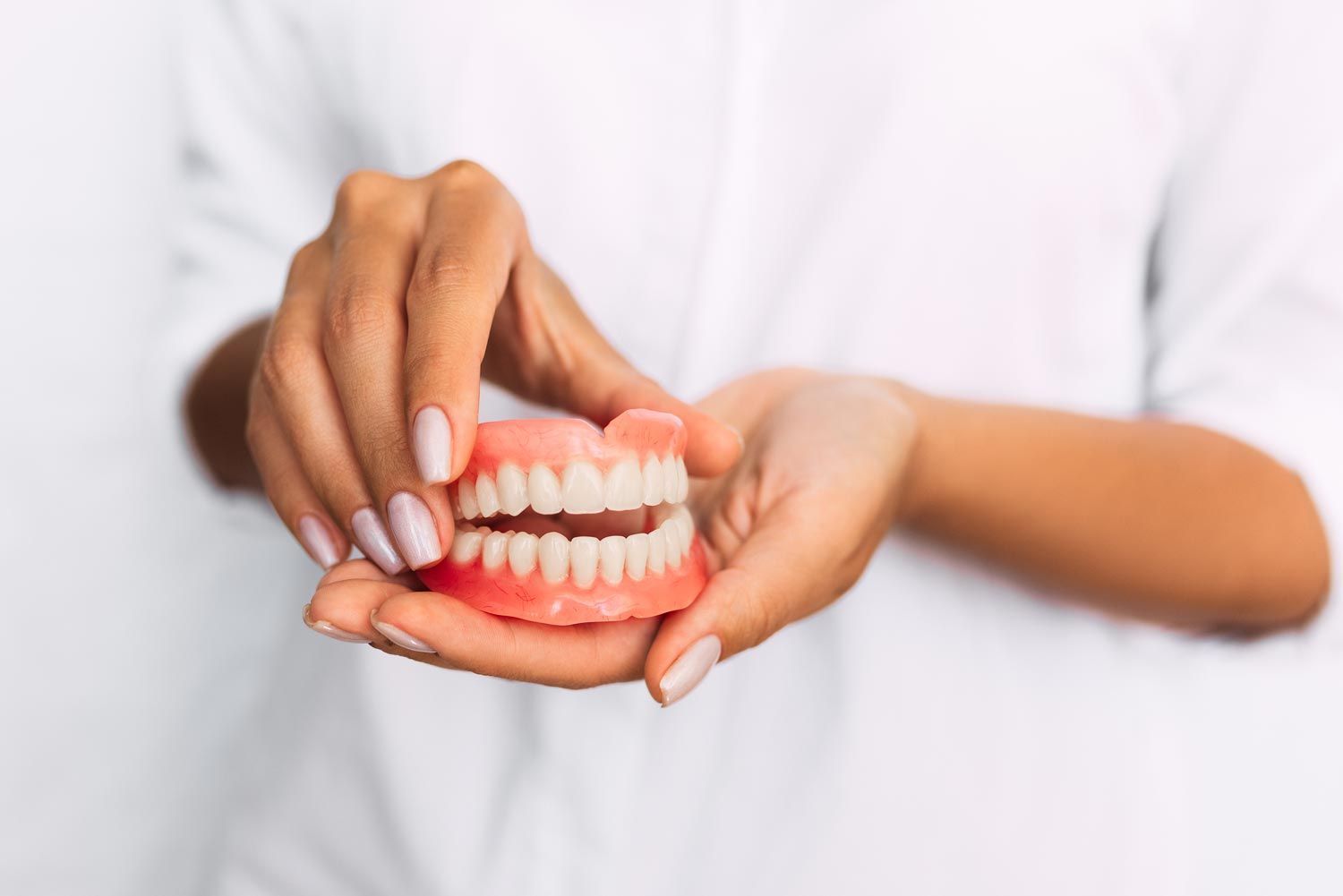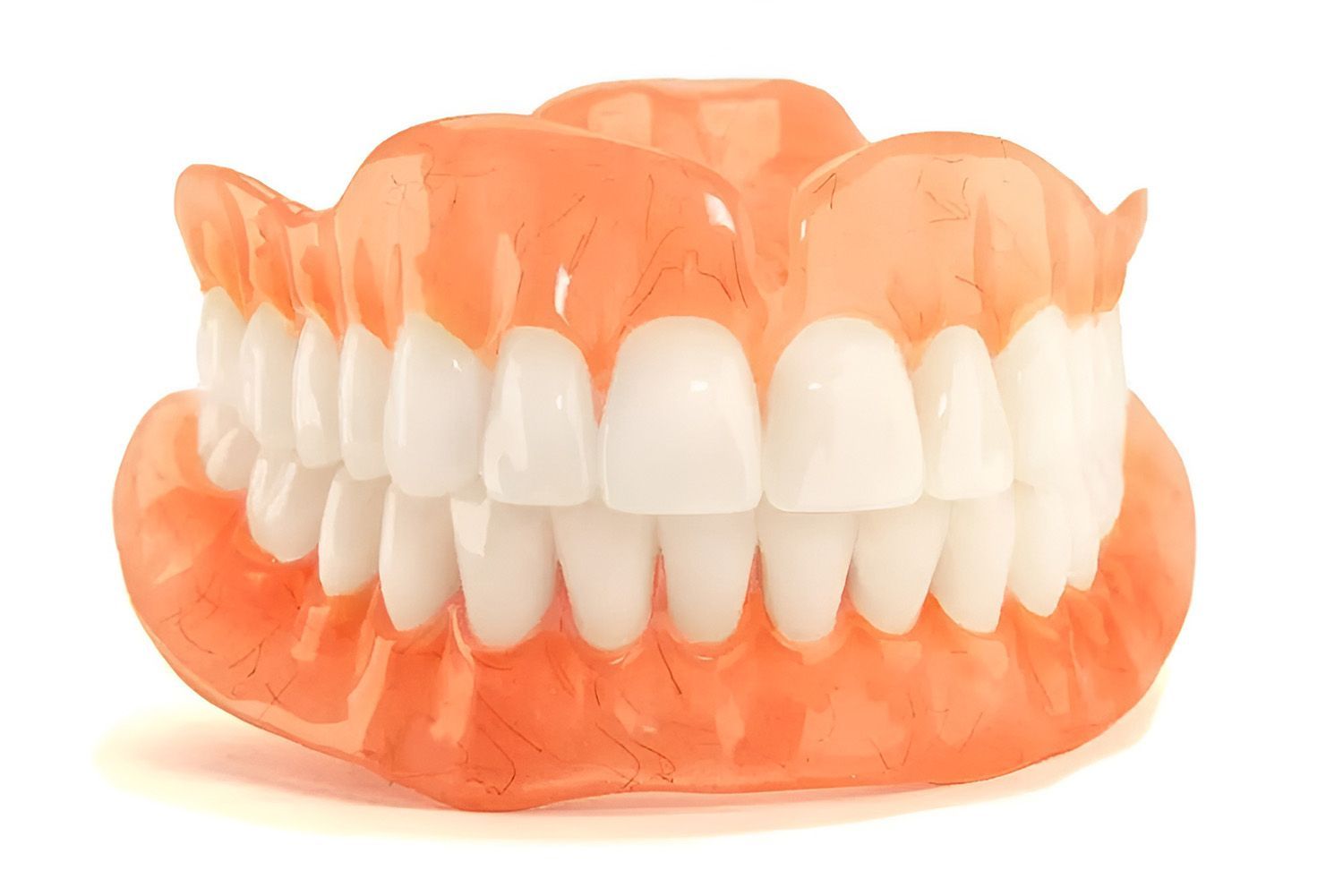Why Is My Tooth Sensitive to Hot & Cold?
That sudden twinge when drinking a steaming cup of tea or biting into an ice cream can catch anyone off guard. Tooth sensitivity to temperature changes is a common concern that can make everyday eating and drinking uncomfortable. Depending on the condition of your teeth and gums, it can develop gradually or appear suddenly.
Several possible causes of this type of sensitivity exist, each with its own management approach. Understanding the most common reasons can help you decide when to seek dental advice.
Enamel Wear & Dentin Exposure
Tooth enamel is the hard outer layer that protects the softer dentin beneath. Over time, this protective coating can wear down, leaving the dentin exposed. Since dentin contains microscopic tubules leading to the tooth’s nerve, heat and cold can more easily reach it, triggering discomfort.
Common reasons for enamel wear include:
- Regular consumption of acidic drinks such as soft drinks or citrus juices
- Brushing with excessive force or using a hard-bristled toothbrush
- Tooth grinding or clenching during the day or night
What can help:
- Switching to a toothbrush with soft bristles and brushing with gentle pressure
- Rinsing with water after consuming acidic food or drinks
- Using toothpaste designed for sensitive teeth
Gum Recession
When gum tissue recedes, it exposes the tooth’s root surface, which does not have enamel protection. The root is made of cementum, which is softer than enamel and more vulnerable to temperature changes.
Gum recession can develop for several reasons, including:
- Gum inflammation due to plaque build-up
- Brushing too aggressively
- Changes in gum health over time
Ways to support gum health:
- Maintain gentle but thorough brushing and flossing habits
- Schedule regular dental check-ups to monitor gum changes
- Discuss treatment options if gum recession is progressing
Tooth Decay
Cavities form when bacteria in dental plaque convert sugars and starches from food into acids. These acids gradually dissolve the protective enamel, creating weak spots that can progress into holes. Once the enamel is compromised, heat and cold can travel more easily to the inner layers of the tooth, causing discomfort or pain.
Early signs of decay may include:
- Sensitivity to sweet foods in addition to hot and cold
- Visible dark spots or holes
- Pain when chewing certain foods
Protective steps:
- Brush and floss daily to reduce plaque build-up
- Limit frequent snacking on sugary or starchy foods
- Have dental check-ups to detect early changes before they worsen
Addressing decay early can help prevent the need for more complex treatment later.
Cracks or Fractures
A cracked tooth can be difficult to detect, as not all fractures are visible to the naked eye. Even a fine crack can allow heat, cold, or pressure to reach the inner layers of the tooth, causing sudden, sharp sensitivity. These cracks can develop gradually over time or occur suddenly due to an accident or heavy bite force.
Common causes include:
- Biting down on hard foods like nuts or ice
- Unexpected impact on the mouth during sport or accidents
- Long-term teeth grinding
Signs to look for:
- Pain when biting that disappears after releasing pressure
- Intermittent sensitivity rather than constant discomfort
- Visible lines or splits in the tooth (though many cracks are hidden)
Helpful actions:
- Avoid chewing hard foods on the affected side
- Wear a mouthguard during contact sports
- Seek dental assessment if symptoms persist
Dental Restorations
Fillings, crowns, or other dental treatments may cause temporary sensitivity after placement. Older restorations can sometimes develop gaps or wear that expose the underlying tooth structure.
Potential triggers include:
- A newly placed filling or crown adjusting to temperature changes
- Loose or worn restorations allowing fluids to reach the dentin
- Differences in thermal expansion between restoration material and natural tooth structure
What to do:
- Monitor new dental work for a short period, as sensitivity often settles naturally
- Have older restorations reviewed if sensitivity appears unexpectedly
- Avoid extreme hot and cold foods while symptoms are noticeable
Sinus Pressure & Other Non-Dental Causes
Not all tooth sensitivity originates from the teeth themselves. In some cases, nearby issues can create discomfort that feels dental.
Possible non-dental causes include:
- Sinus congestion pressing on upper tooth roots
- Recent dental whitening treatments temporarily affecting the enamel
- Receding gums due to orthodontic changes or mouth trauma
Considerations:
- Monitor whether symptoms are linked to a cold or flu-like illness
- Mention any recent changes to your oral care routine during dental visits
- Avoid at-home treatments that could aggravate sensitive areas
When Sensitivity Might Need Attention
While some tooth sensitivity is temporary, persistent or worsening symptoms may indicate an underlying issue that requires assessment.
Seek dental advice if you notice:
- Sensitivity lasting more than a few days without improvement
- Pain localised to one tooth
- Visible cracks, holes, or gum changes near the sensitive area
- Swelling, bleeding, or a change in tooth colour
Monitoring symptoms closely and seeking timely advice can help identify the cause before it becomes more difficult to manage.
Ways to Support Sensitive Teeth at Home
If your tooth sensitivity is mild, has only recently started, and is not accompanied by other concerning symptoms, a few small adjustments at home may help reduce discomfort in the meantime. These steps are not a substitute for a dental assessment, but they can make eating, drinking, and cleaning your teeth more comfortable while you wait for an appointment.
Practical home care tips:
- Switch to lukewarm water for rinsing instead of hot or cold
- Choose a fluoride toothpaste formulated for sensitive teeth
- Avoid frequent switching between hot and cold foods in the same meal
- Rinse your mouth with water after acidic meals to help neutralise pH levels
Making these small changes can reduce irritation and protect vulnerable areas while arranging a dental check-up.
Book Your Sensitivity Assessment Today
If hot or cold food and drink are causing discomfort, it may be time to assess your teeth. At Buderim Family Dental, we can examine the possible causes of sensitivity and discuss suitable treatment options tailored to your needs. We aim to help you maintain comfort and protect your oral health.
To arrange an appointment, get in touch with our dentist in Bunderim today.












